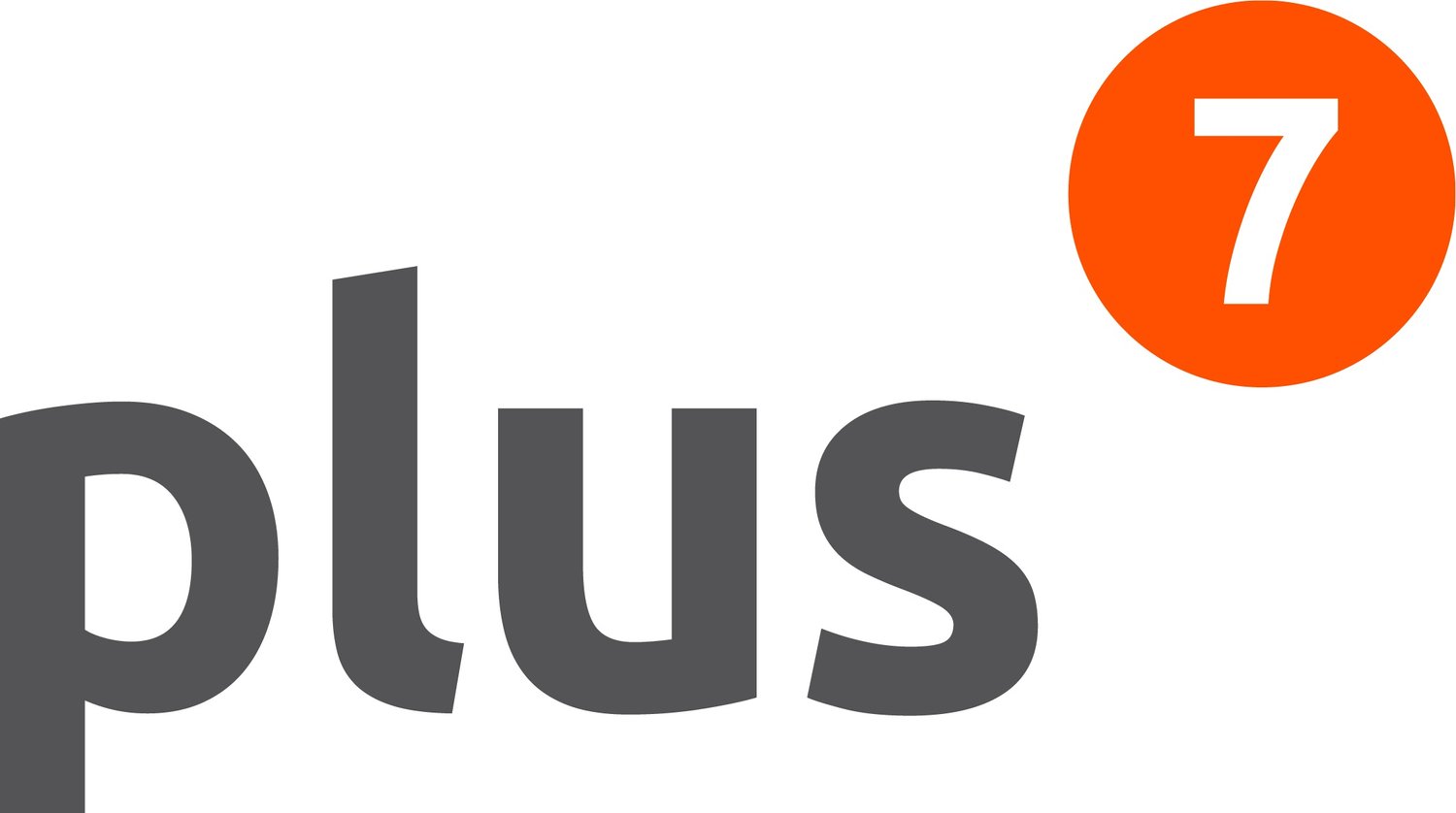Super strategies - Top-up your super with help from the Government
How does the strategy work?
If you earn¹ less than $56,112 pa (of which at least 10% is from eligible employment or carrying on a business) and you make personal after-tax super contributions, the Government may also contribute into your super account. This additional super contribution, which is known as a co-contribution, could make a significant difference to the value of your retirement savings over time. To qualify for a co-contribution, you will need to meet a range of conditions, but as a general rule:
the maximum co-contribution of $500 is available if you contribute $1,000 and earn $41,112 or less
a reduced amount may be received if you contribute less than $1,000 and/or earn between $41,113 and $56,112, and
you will not be eligible for a co-contribution if you earn $56,113 or more.
The Australian Taxation Office (ATO) will determine whether you qualify based on the data received from your super fund and the information contained in your tax return for that financial year. As a result, there can be a time lag between when you make your personal after-tax super contribution and when the Government pays the co‑contribution. If you’re eligible for the co-contribution, you can nominate which fund you would like to receive the payment. Alternatively, if you don’t make a nomination and you have more than one account, the ATO will pay the money into one of your funds based on set criteria.
Note: Some funds or superannuation interests may not be able to receive co-contributions. This includes unfunded public sector schemes, defined benefit interests, traditional policies (such as endowment or whole of life) and insurance only superannuation interests.
Other key considerations
You can’t access super until you meet certain conditions.
You may want to consider other ways to contribute to super, such as salary sacrifice or personal deductible contributions.
Seek advice
A financial adviser can help you determine whether you should make personal super contributions and assess whether you will qualify for a Government co-contribution.
¹ Includes assessable income, reportable fringe benefits and reportable employer super contributions, less business deductions and assessable First Home Super Saver amounts. Other conditions apply.
Case study
Ryan, aged 40, is employed and earns $35,000 pa. He wants to build his retirement savings and can afford to invest $1,000 a year.
After speaking to a financial adviser, he decides to use the $1,000 to make a personal after-tax super contribution. By using this strategy, he’ll qualify for a co-contribution of $500 and the investment earnings will be taxed at a maximum rate of 15%.
Conversely, if he invests the money outside super each year (in a managed fund, for example), he will not qualify for a co-contribution and the earnings will be taxable at his marginal rate of 21%².
² Includes Medicare Levy.
Important information and disclaimer
The information provided on this website is general in nature. We have not considered your financial circumstances, needs or objectives and you should seek the assistance of your Australian Unity Personal Financial Services (AUPFS) authorised representative before you make any decision regarding any strategy or financial products mentioned on this website. Whilst all care has been taken in the preparation of this material, no warranty is given in respect of the information provided and accordingly neither AUPFS nor its related entities, employees or agents shall be liable on any ground whatsoever with respect to decisions or actions taken as a result of you acting upon such information.
The trustee for Plus 7 Financial Management trust trading as Plus 7 Financial Management ABN 11 211 901 965 is a corporate authorised representative (no. 1007915) of Australian Unity Personal Financial Services LTD (AUPFS) ABN 26 098 725 145, an Australian Financial Service Licence Holder (AFSL No. 234459).
View our financial services guide (FSG) FSG (AUPFS) | FSG (John Hockey) | FSG (Andre DiMatteo)
Australian Unity Personal Financial Services is a wholly owned subsidiary of Australian Unity Limited. Australian Unity respects your privacy, refer to our privacy policy for more information.



